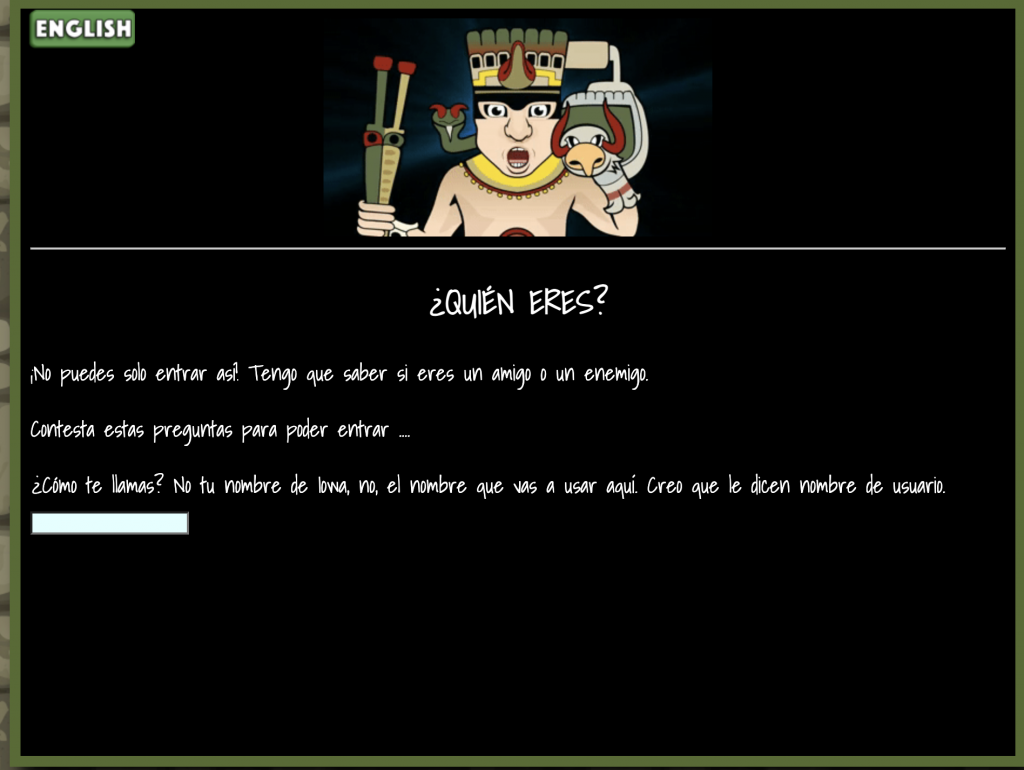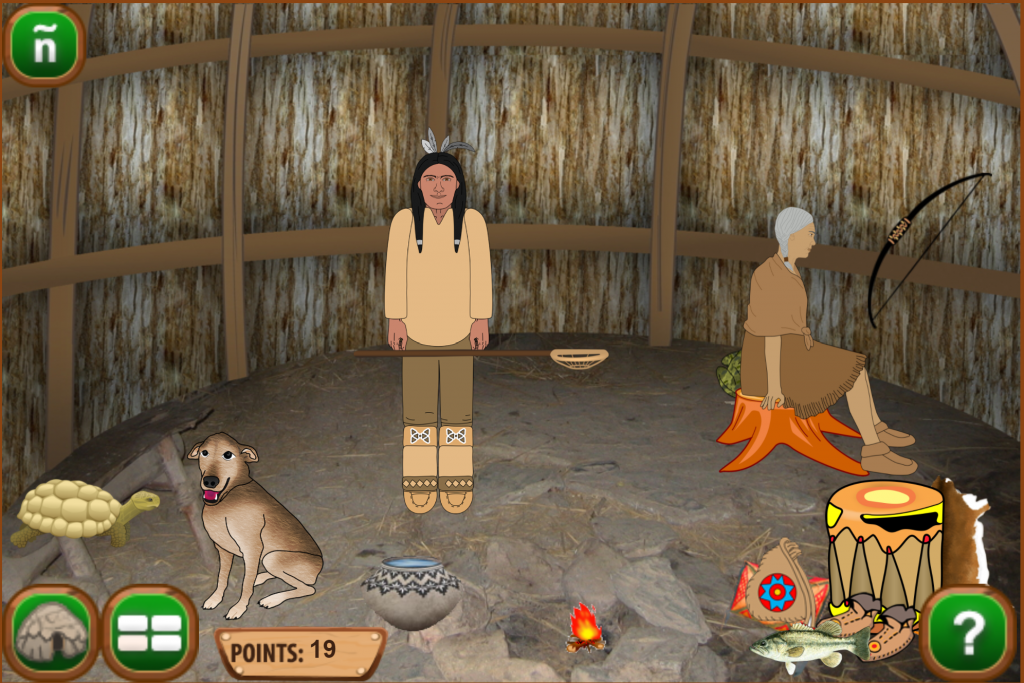This first year of Growing Math, a major request we have gotten from teachers is more information on how they could use it’s a platform for students with special needs. So here are several ideas on how to use the games. See next post for modified lesson ideas.
Never fear, if you are not in one of the Growing Math states you can still use all of these games. All the ideas apply to you as well.
Start the students in a game that is two or three years below their grade level in math standards.
The games are designed to be of interest to students across a three to four year age range. For example, Fish Lake teaches fractions. You can tell by the gameplay that it is designed to be played by players about 11 years old and older. We’ve even had a couple of professional gamers play it with the higher-scoring player having a donation made to the charity of their choice. Fish Lake can be played on an iPad or a Mac or Windows computer, again like a real game, not like a ” school game”. It’s available on Steam which is a platform used to download PC games.
If you only have Chromebooks, Forgotten Trail is another option.
The math taught is at the 5th to 6th grade level, but the storyline and gameplay is designed to appeal to anybody again from about 11 years old and up. Here’s a clip from Forgotten Trail to show you what I mean.
What if I have students who have not yet mastered multiplication?
If you’re using Chrome books like most people, Making Camp Premium covers multiplication and division. However, it also covers Ojibwe history and culture. We even have some adults playing it.
Do you have foreign languages at your school?
Making Camp Bilingual teaches multiplication and division, in English and Spanish. It is used in some Spanish classes as an interesting way to increase vocabulary. Your students can play it in Spanish or English. Just click the button at the top left of the screen to change the language.
Obviously, Making Camp Bilingual and our other games available in Spanish are also a major asset for English language learners whose achievement in mathematics might be limited by lack of fluency in English.

What about students who are non-readers?
We don’t make games specifically for non-readers, however, our games, particularly the Making Camp series are used in classrooms with non-readers. And isn’t that the point of full inclusion? To have the students in the regular classroom doing the same or modified activities with the rest of the class. So what do teachers do? One thing that the teacher, or often the aide, will do is to help the student login, then they can watch the introduction to the game without assistance. When they get to the choice screen oh, they are instructed to select the LIFE choice and watch each video. At the end, the aid can read them the question and asked the student what they think the answer is. After a student has earned a number of points, he or she can then go to the Trading Post and select the items that they would like for their wigwam, tipi or hogan.
What about a special needs class where none of the children are readers?
The teacher can play the Making Camp games on the smart board or on a computer with a projector, allowing students to come up and touch the different icons to select life and which movie they want to watch. At the end of the video, the teacher can read the question and ask the students what they think the answer is. Students can come to the smart board and select items from the trading post. They can also interact with those items by moving them around to re-decorate their wigwam. Each item when clicked on it gives a fact about its significance in that culture, which the teacher can read to the class and most also have some animation, like the drum playing.
This is also how teachers in K-2 use the Making Camp games when they want to expose their students to the cultural content but their students are not yet at the reading or math level to play the games independently.

